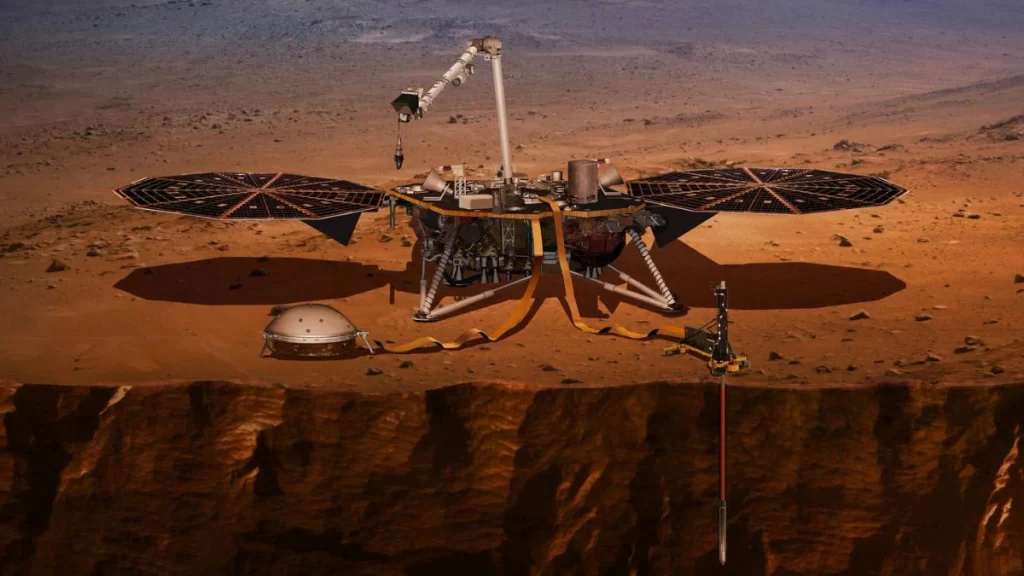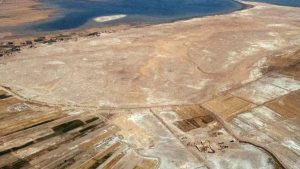NASA’s Insight Mars Lander to Get Few More Weeks for Scientific Observations
NASA’s InSight (Interior Exploration using Seismic Investigations, Geodesy and Heat Transport) Mars Lander will continue to keep its seismometer functional despite the fact that it will lead the mission to run out of power sooner than previously planned by the space agency.

NASA’s InSight (Interior Exploration using Seismic Investigations, Geodesy and Heat Transport) Mars Lander will continue to keep its seismometer functional despite the fact that it will lead the mission to run out of power sooner than previously planned by the space agency. The power available to the lander is diminishing with the passing of each day. Still, the spacecraft’s team has revised the mission’s timeline to allow more time for scientific observation. The seismometer is the last operational science instrument on the lander. It was previously scheduled to automatically shut down by the end of June. The previous decision was taken in order to conserve whatever energy it can gather from its solar panels till December.
In the revised decision, the team wants the seismometer to function until the end of August or into mid-September. The decision will help scientists to gather information by studying more marsquakes. However, it will discharge the lander’s batteries sooner and also cause the spacecraft to run out of power.
According to Lori Glaze, director of NASA’s Planetary Science Division in Washington, “InSight hasn’t finished teaching us about Mars yet. We’re going to get every last bit of science we can before the lander concludes operations.”
Since 2018, when the lander touched down on Mars, the lander has detected more than 1,300 marsquakes. The information from these marsquakes has allowed scientists to measure the depth and composition of Mars’ crust, mantle, and core. Apart from the seismometer, the lander has other instruments too. To date, InSight has recorded weather data, examined the soil on the planet, and studied remnants of Mars’ magnetic field.
All these other instruments, which made this variety of studies to be performed, have already been shut down. Like other Mars spacecraft, InSight too has an inbuilt fault protection system. In threatening situations, this system triggers a “safe mode” that allows only the most essential functions to be powered on. But to continue the functioning of the seismometer, the InSight team is switching off the fault protection system.




